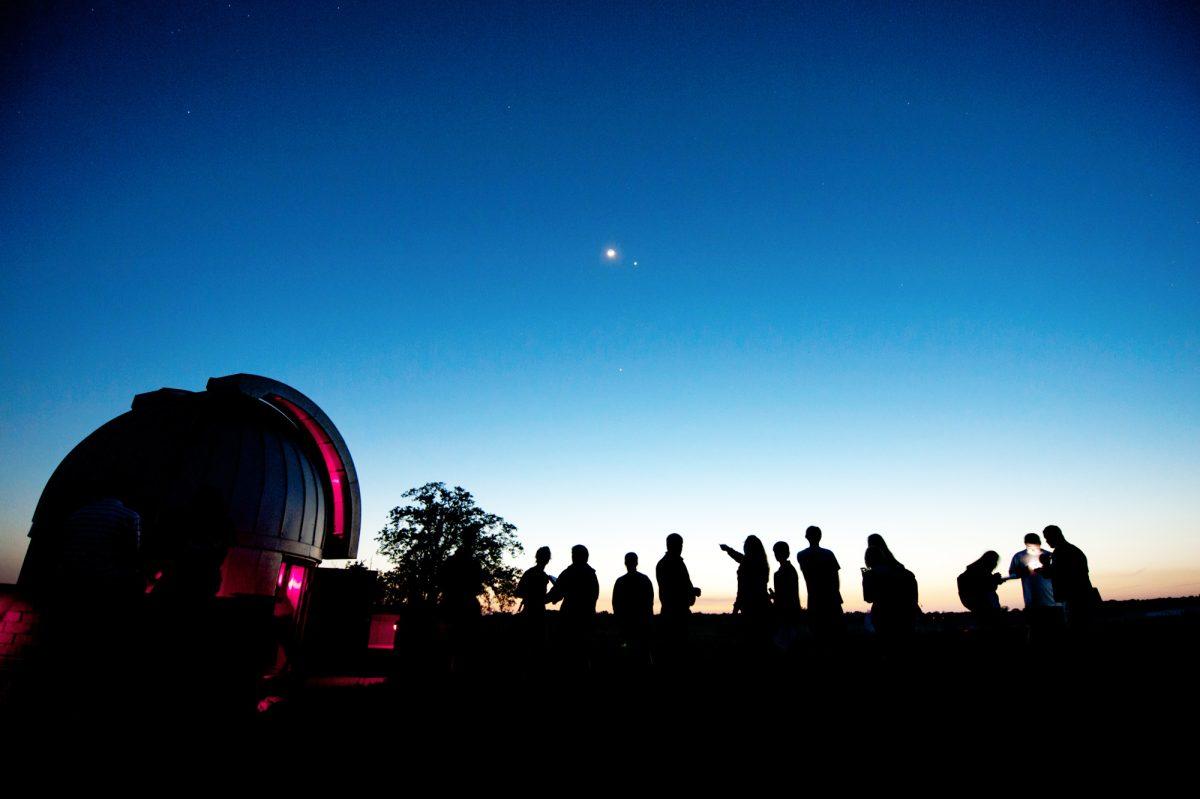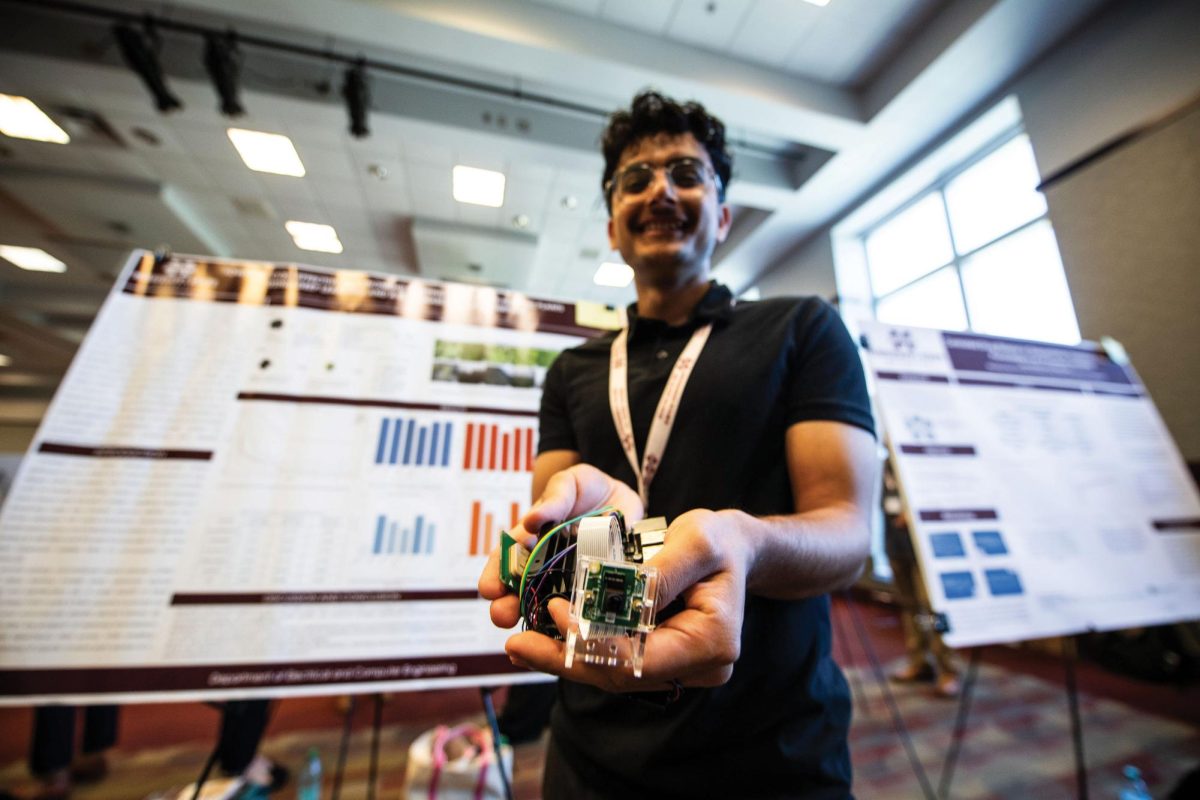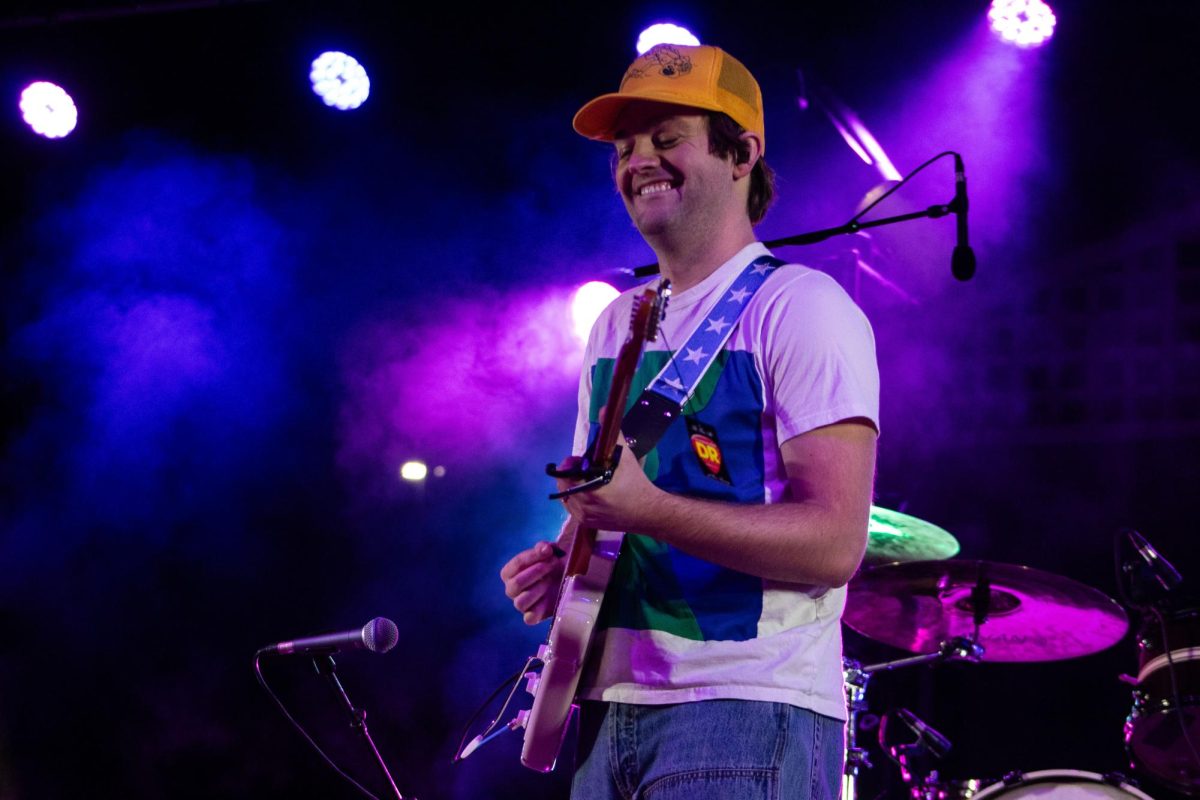In his novel “Kafka on the Shore,” Haruki Murakami writes that he believes “beyond the edge of the world there’s a space where emptiness and substance neatly overlap, where past and future form a continuous, endless loop. And, hovering about, there are signs no one has ever read, chords no one has ever heard.”
This weekend, Mississippi State University takes its students and the Starkville community just a little bit closer to the cosmos by opening the Howell Observatory on the MSU South Farm to the public on Saturday.
This fascination with the unexplored runs rampant in history and appeals to all ages. Adults continue to form theories about the origin of space, teenage girls live their lives in accordance to their horoscopes, couples transform clear nights into an opportunity to stargaze and children dream of one day donning a space suit of their own. Donna Pierce, MSU astronomy professor, was one such child.
“My decision to pursue astronomy was solidified at the age of 10 during a social studies lesson on the history of space exploration,” she said. “When our class was shown images of the planets and moons of the outer solar system that were sent back from the Voyager 1 and 2 spacecrafts, I was hooked.”
Space’s captivation of both the young and old continues to grow as our technological resources improve.
Angelle Tanner, MSU astrophysics professor and coordinator of this weekend’s event, said students can expect to see the moon, Saturn, the Ring Nebula and the Andromeda galaxy with the help of the physics and astronomy department’s 14-inch telescope at the event.
“Saturn will be amazing since you can nicely see the rings,” she said. “Saturn’s rings and some of its cloud band structure will be visible. Several of Saturn’s moons can often be seen as bright dots surrounding the planet.”
Tanner said the help of the astronomy club, which holds its first meeting Friday, may allow more public nights at the observatory to happen.
She said the observatory not only provides observation events like Saturday’s, but gives students opportunities to use the technology.
MSU undergrads could potentially create research-grade science projects with the telescope,” she said. “Who knows — maybe there will be a comet Bulldog one day.”
Students who attend the viewing may experience the night sky in an exciting and intellectually stimulating environment. The event, which starts at 7:30 p.m. Saturday, offers a view of the sky framed not only by a telescope lens but by MSU professors’ knowledge.








